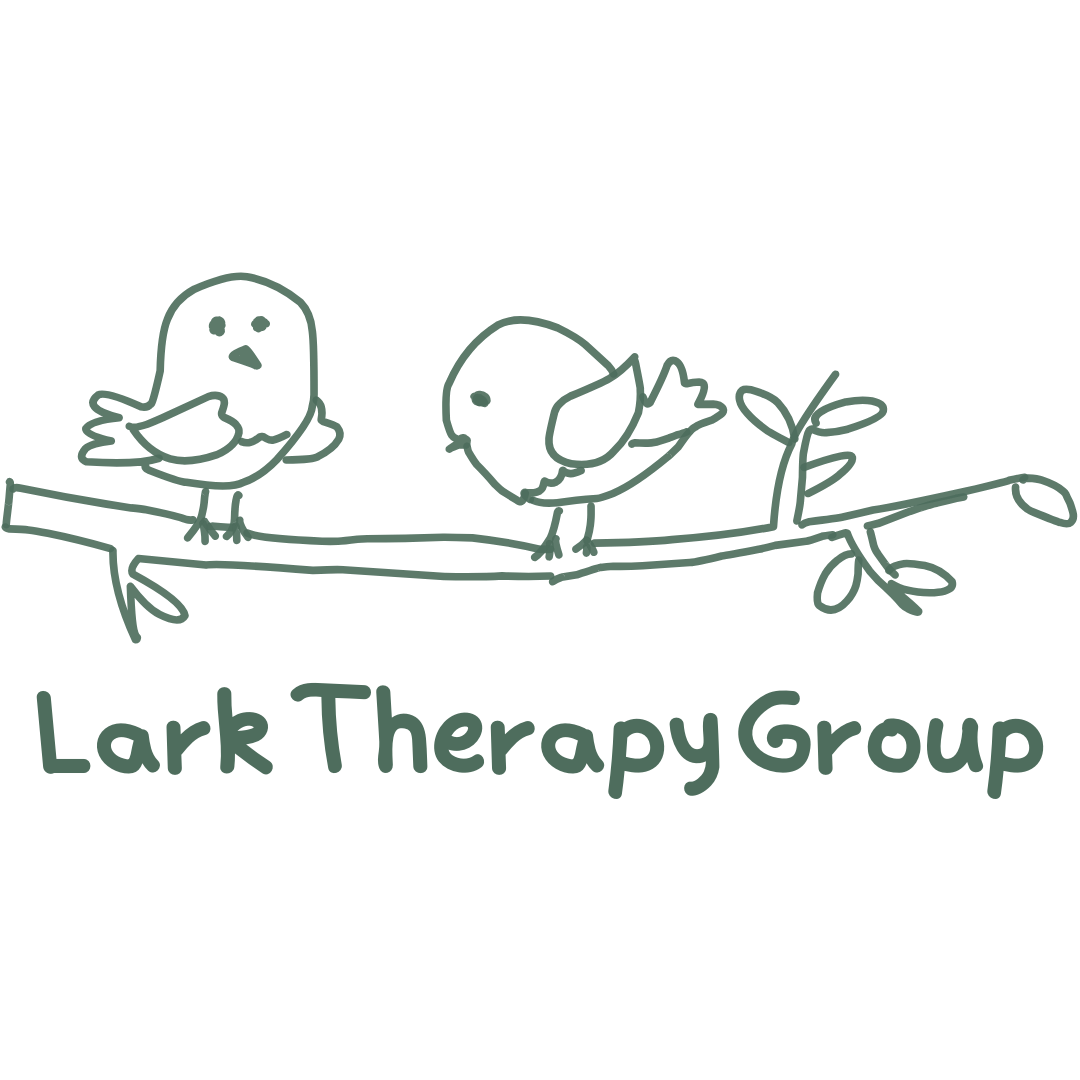Communication: ABA therapists can teach children how to communicate their wants and needs, ask and answer questions, and follow directions.
Social skills: ABA therapists can teach children how to play with other children, make friends, and follow social rules.
Challenging behaviors: ABA therapists can help children express their emotions in a healthy way, and cope with difficult situations.
Self-care: ABA therapists can teach children how to dress themselves, brush their teeth, and use the bathroom independently.
Self-regulation: ABA therapists can help children manage their emotions and behaviors in a healthy way.
Problem-solving: ABA therapists can teach children how to identify and solve problems in a logical and efficient way.
Executive functioning: ABA therapists can help children plan, organize, and complete tasks.
Adaptive behavior: ABA therapists can help children live independently and participate in daily activities.






